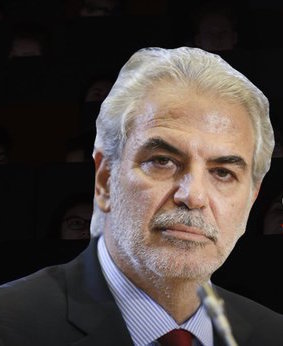The EU has announced that it is providing an additional €10 million in funding (about USD 11.15 million) to help address growing humanitarian needs in Zimbabwe
A combination of climatic shocks, exacerbated by the economic crisis, led to critical food shortages. The situation is not expected to improve until April 2020, when the next harvest is to take place.
“The European Union is stepping up its support to the people of Zimbabwe. Our assistance will support those most in need during the most critical period until their next harvest. We stand in solidarity with them at this time of need, by providing support for essential food needs and helping people get back on their own two feet,” said Christos Stylianides, the European Union’s Commissioner for Humanitarian Aid and Crisis Management.
EU humanitarian support will aim to alleviate the impact of food shortages on the most vulnerable people whose livelihoods has been affected by recurring climate disasters (erratic rains, drought, and cyclone Idai which affected parts of the country) combined with the high cost of food and agricultural inputs, such as seeds. It will provide assistance to meet immediate food needs and livelihood support, such as aid that allows beneficiaries to buy seeds in time to restart their agricultural activities.
In June 2019, 5.5 million people in Zimbabwe lacked enough food to meet their needs. 21% of the rural population is affected by this crisis. Zimbabwe is in the grip of a harsh spell of drought affecting crop yields and water availability, while crop pests have blighted yields. Many families lost their livestock to different disease outbreaks, and water scarcity is also bringing about an increased risk of human disease outbreaks. When tropical cyclone Idai hit Zimbabwe in March 2019, over 4 500 hectares of crops were swept away, just about as they were going to be harvested, and access to markets became difficult or impossible in many places. Food prices have gone up and became beyond reach for many poor families.
Since 2014, the European Union has supported the Southern Africa and Indian Ocean region with over €125 million (approx. USD 140 million) in humanitarian aid for disaster preparedness funding, emergency relief response, and food assistance.
About EU Civil Protection and Humanitarian Aid:
The European Union and its Member States are the world’s leading donor of humanitarian aid. Relief assistance is an expression of European solidarity with people in need all around the world. It aims to save lives, prevent and alleviate human suffering, and safeguard the integrity and human dignity of populations affected by natural disasters and man-made crises. Through the European Commission’s Civil Protection and Humanitarian aid Operations department, the European Union helps millions of victims of conflict and disasters every year. With headquarters in Brussels and a global network of field offices, the EU provides assistance to the most vulnerable people on the basis of humanitarian needs.






